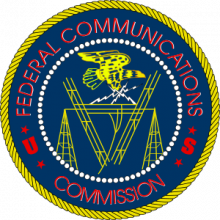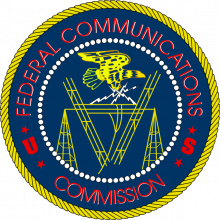Net Neutrality Proponents Spurning FCC Proposal for Wrong Reasons
Before the Federal Communications Commission even had a chance to look at the revised Open Internet rules being proposed by FCC Chairman Tom Wheeler, the agency was already being slammed by advocacy groups on what they thought he might propose.
In fact Common Cause was calling the proposal "a major step backward." Those rules would allow ISPs to negotiate fees for major bandwidth users such as Netflix and YouTube to assure they have access to Web capacity. But is this really the case?








































































